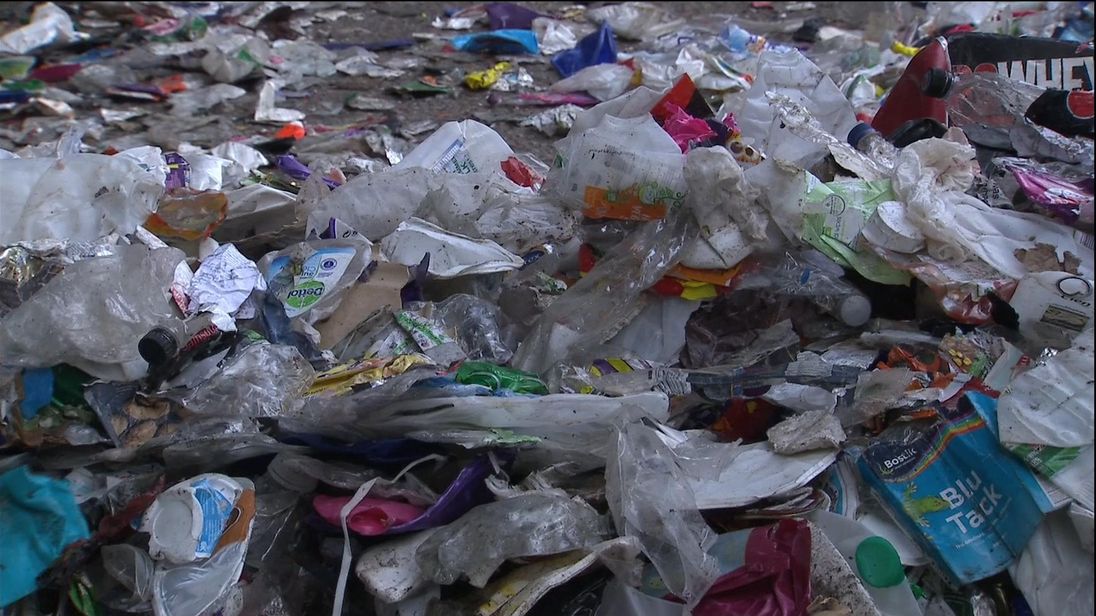The report adds that the harmful effects of plastic are often not properly estimated when policies are made on food packaging.
 Plastic is the most widely used packaging material in the EU – with 37% of all food sold wrapped in it – but it’s not actually helping us reduce food waste, despite manufacturers claiming it does.
Plastic is the most widely used packaging material in the EU – with 37% of all food sold wrapped in it – but it’s not actually helping us reduce food waste, despite manufacturers claiming it does.
A new study from Friends of the Earth Europe and Zero Waste Europe says annual use of plastic packaging per person has grown simultaneously with food waste since the 1950s – finding that we now use 30kg of plastic each a year in Europe, and waste 173kg of food.
“What this study shows,” said Julian Kirby, lead plastics campaigner at Friends of the Earth UK, “is that between 2004 and 2014 we’ve seen a 40 to 50% increase in plastic packaging, and we’ve seen a doubling in food waste.
“What that really casts into quite serious doubt I think is the argument that the food packaging industry use quite often which is that we need plastic to avoid food waste.
“Too often the industry is using plastic packaging in order to market food, to encourage us to buy more than we even need.”

He added that plastic food packaging formats often drive food waste.
“Retailers wanting to top and tail runner beans as just one example, they’re actually, in order to fit in with the plastic packaging, they’re actually wasting more food than they would have done, so in that case plastic is causing food waste rather than reducing it.”
The report adds that the harmful effects plastics have on the environment are often not properly estimated when policies are made on food packaging.
“The packaging industry and the European Commission are not practising sound decision making when it comes to food packaging,” says Ariadna Rodrigo from Zero Waste Europe.
“Their methodology, which often ignore the impacts of plastic waste, results in conclusions that favour complex food packs which are impossible to reuse or recycle.”
At one shop in North London, Planet Organic, they are trying things a new way, with a section called Unpackaged, where people can fill up their own reusable containers.
The founder of Unpackaged, Catherine Conway, says more and more people are ditching the plastic.
“We set up the first zero waste shop in 2006,” she told Sky News, “and we’ve definitely seen a growing trend towards shopping without packaging but it’s certainly been within the last three or four months since all of the campaigns about plastic in the oceans has really fired up the public imagination, and we’ve got a 40% upturn in sales since Christmas so the public’s really on board with it now.
“Aside from the obvious environmental benefits, the great benefit of shopping unpackaged is you get the better value bulk price but you can purchase just the quantity that you need.”
But the British Plastics Federation says there is still a role for their product.
“If you look around you plastic packaging ultimately makes food fresher, it’s more hygienic and it’s healthier,” says Stephen Hunt, its Membership Services Director.
“But no one has more of a problem with plastic waste than the British plastics industry.
“We absolutely welcome this report and its findings, we’ll look at it in detail and take it away and see what lessons there are to be learned.”





